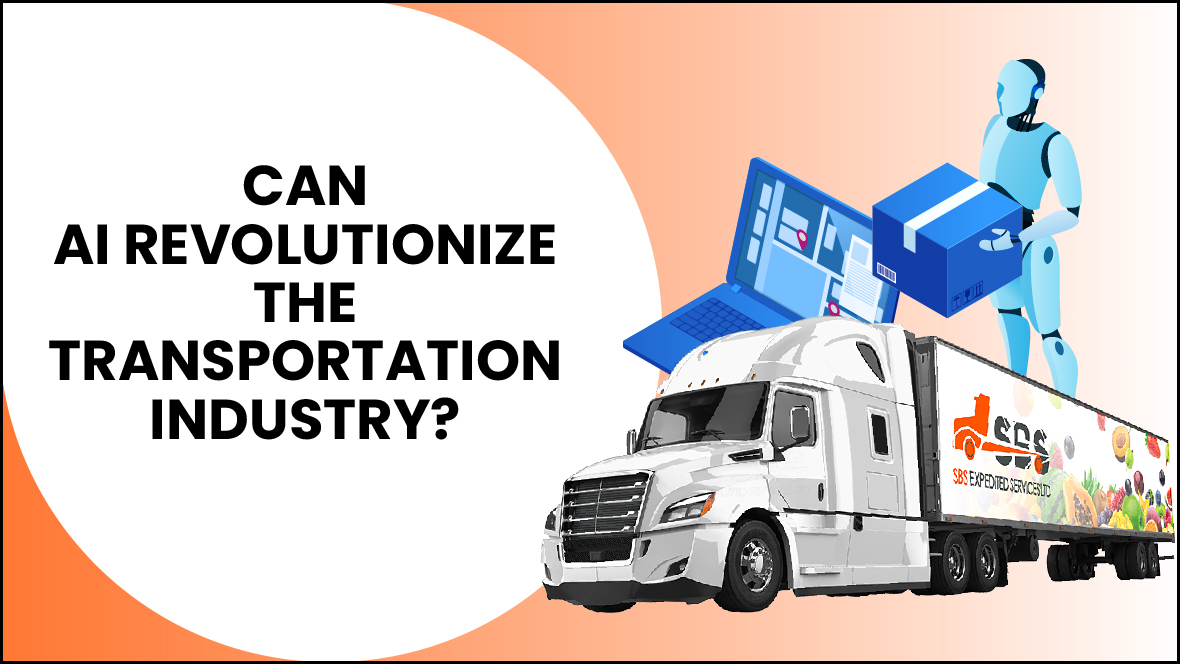The transportation industry is undergoing a remarkable transformation, ushering in an era of unprecedented efficiency and innovation. As the world becomes more digitally connected, the need for seamless logistics and transportation solutions has never been greater. In Canada, where logistics play a crucial role in the economy, this revolution is not just an evolution but a significant leap into the future.
The traditional methods of transportation and logistics are evolving rapidly, thanks to the infusion of Artificial Intelligence (AI) into the industry. This evolution is not merely a technological upgrade but a revolution that promises to redefine the way goods are transported, managed and delivered.
AI in Logistics - Transforming the Landscape
At the heart of this revolution lies the incorporation of AI in logistics operations. From route optimization and predictive analytics to real-time tracking, AI is reshaping the logistics world. Logistics companies in Canada are leveraging AI to enhance their transportation services, ensuring more precise and efficient delivery processes.
By harnessing the power of AI, logistics companies can streamline their operations, minimize costs, and significantly reduce delivery times. Predictive analytics help in anticipating demand, optimizing inventory management and enhancing overall supply chain efficiency. This not only benefits the logistics company but also plays a vital role in the broader
Canadian transportation and logistics landscape.
AI-driven technologies, such as autonomous vehicles and drones, are redefining the concept of last-mile delivery. These innovations not only increase the speed of deliveries but also contribute to reducing the environmental impact, a critical consideration in today's eco-conscious world.
Revolutionizing the Logistic Chain – A Glimpse into the Future
As we conclude this exploration of AI's impact on the transportation industry, it's essential to understand its pivotal role in revolutionising the logistic chain. Logistics companies in Canada are embracing AI to create smarter, more efficient supply chains.
For instance, SBS Expedited, a leading
Logistics Company in Canada, is at the forefront of this revolution. Their integration of AI technologies has resulted in optimized routes, reduced transit times, and enhanced overall service quality. By leveraging AI in their transportation services, SBS Expedited exemplifies how innovation can elevate the logistics experience for businesses and consumers alike.
In conclusion, the advent of AI in the transportation industry is not just a technological shift; it's a game-changer. As Canadian transportation and logistics evolve, those who embrace AI will undoubtedly lead the way into a future where efficiency, precision, and sustainability define the new normal. The question is not whether AI can revolutionize the transportation industry – it's how quickly and effectively businesses can adapt to this transformative wave.
